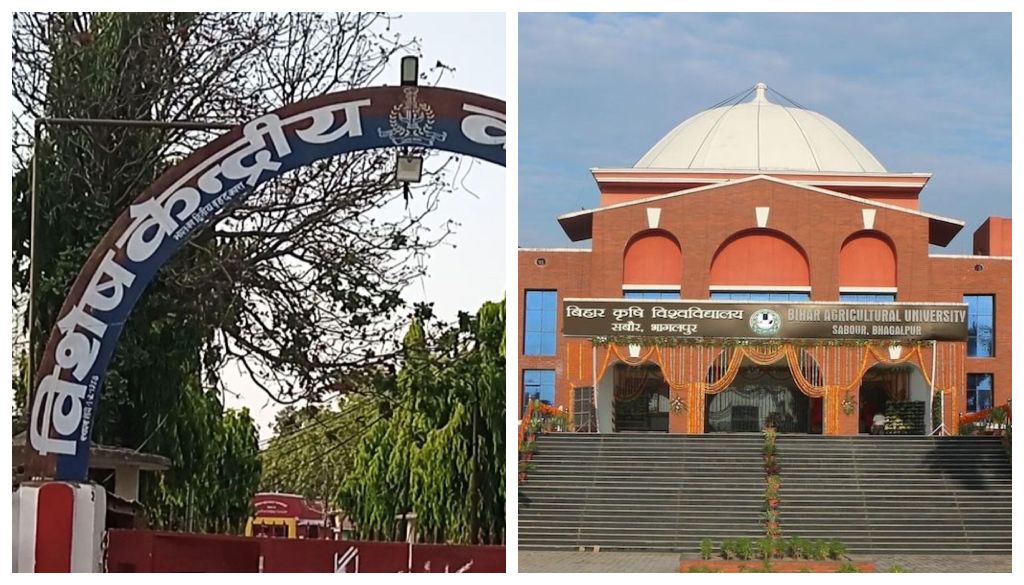Bihar Agricultural University Partners With Bhagalpur Jail to Train Inmates in Vermicompost Production

Bhagalpur: In a bid to transform incarceration into a platform for rehabilitation, the Bihar Agricultural University (BAU), Sabour, has partnered with Bhagalpur’s Special Central Jail to launch a hands-on training programme in vermicompost production for inmates.
The initiative, which began on Friday, aims to equip prisoners with agricultural skills that can help them earn a livelihood upon release, enabling a smoother reintegration into society. Dr Arun Kumar Jha, a soil scientist from BAU, led the inaugural session, offering inmates a comprehensive overview of vermicomposting techniques — from production and enrichment to marketing and regulatory compliance.
“Just 10 to 15 minutes of daily work can earn someone Rs 8,000 to Rs 9,000 per month. With increased effort and focus, the income potential can rise to Rs 50,000 or even Rs 1 lakh,” Dr Jha told the trainees, stressing the viability of vermicomposting as a sustainable income source.
The programme is rooted in the understanding that a significant number of inmates hail from rural and economically vulnerable backgrounds, where lack of employment often leads to crime. “We believe practical, income-generating skills can play a transformative role in their lives post-incarceration,” said Jail Superintendent Rajeev Kumar Jha, who attended the session alongside Deputy Superintendent Ashwani Mishra and other prison staff.
He added that the training is not a one-off intervention. “We will continue the programme until the inmates are fully trained in producing high-quality vermicompost within the jail premises.”
The collaboration between the prison system and the agricultural university offers a rehabilitative model grounded in skill development, with the potential to reduce recidivism and promote social inclusion through economic empowerment.





